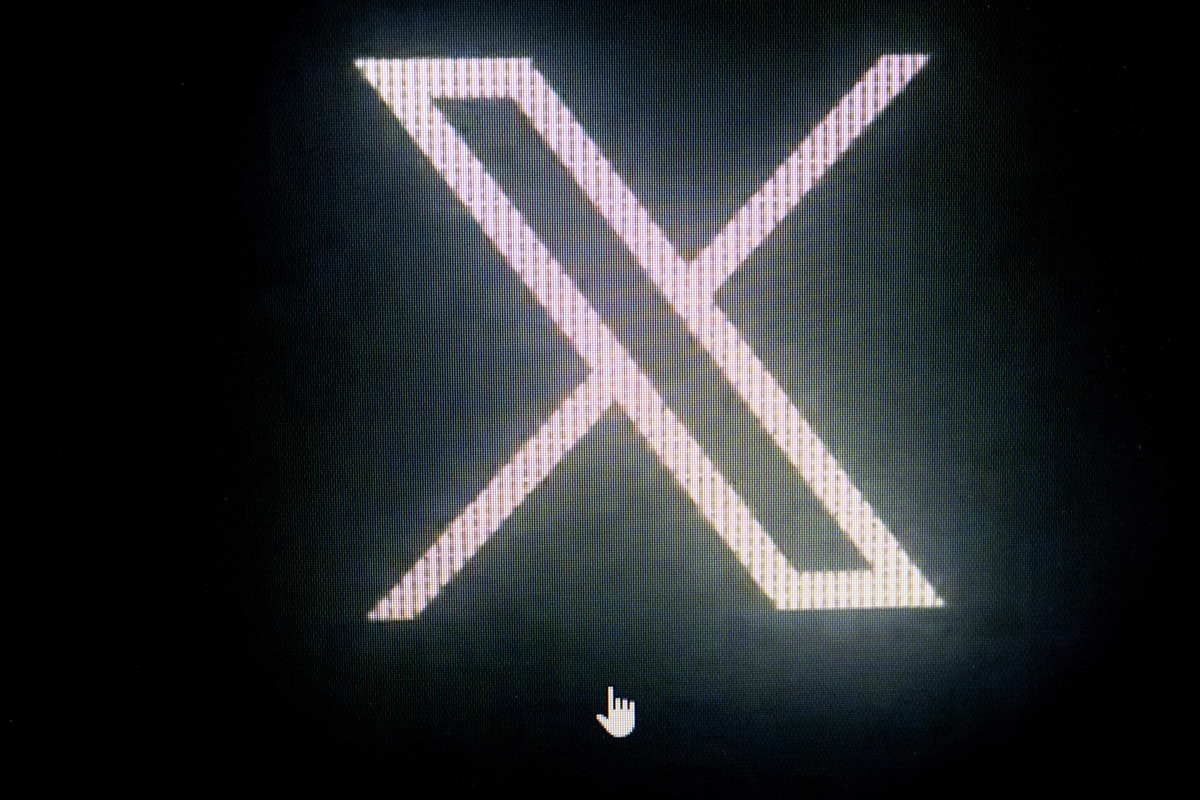
Elon Musk has announced a new private messaging feature for X that includes vanishing messages and “bitcoin style” encryption.
The XChat tool forms part of the tech billionaire’s plan to transform X into an “everything app”, similar to China’s WeChat.
Since purchasing Twitter in October 2022 and rebranding it to X, Mr Musk has overhauled the social media platform and unveiled plans to integrate payments and create a “global marketplace” for goods and services.
XChat, which is currently only available to beta testers, offers an alternative to X’s legacy DM (direct messages) feature, appearing more in line with traditional messaging apps like WhatsApp or Telegram.
“All new XChat is rolling out with encryption, vanishing messages and the ability to send any kind of file. Also, audio/video calling,” Mr Musk wrote on X on Sunday.
“This is built on [programming language] Rust with (bitcoin style) encryption, whole new architecture... You can do audio/ video calls without a phone number across all platforms.”
App researcher Nimo Owji, who shared screenshots of an early version of XChat in April, revealed that the vanishing messages mode came with options for five minutes, one hour and eight hours.
Disappearing messages were first pioneered by Snapchat over a decade ago, but have since been adopted as an optional feature by most leading messaging apps.
Mr Musk’s attempt to differentiate XChat from its rivals through the use of “bitcoin style” encryption has been met with skepticism among some figures within the crypto industry.
“Seriously, what is bitcoin style encryption? Bitcoin primarily uses signatures, not encryption,” Ian Miers, an assistant professor of computer science at the University of Maryland, wrote on X.
“This is like saying, we decided to run our rocket on water, since Nasa uses hydrogen and oxygen.”







